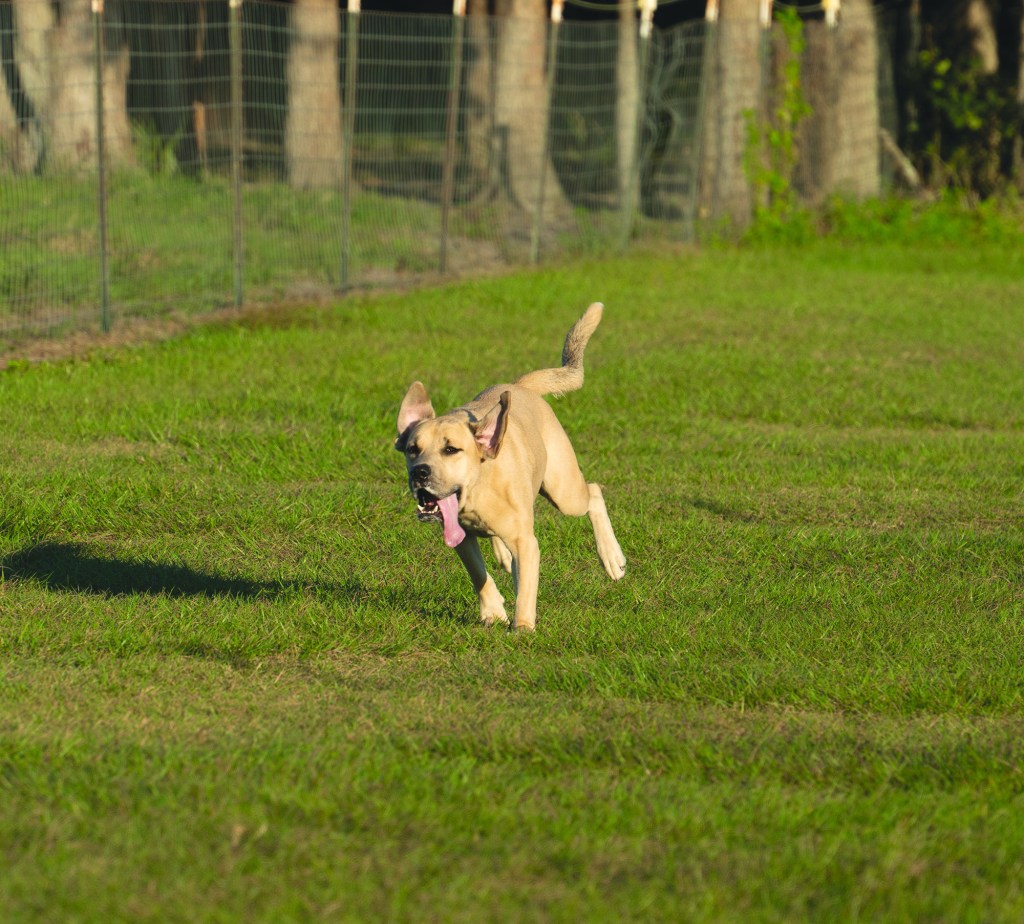Life in Our Foothills – January 2024 – To the Rescue!
Published 12:35 pm Friday, January 5, 2024
|
Getting your Trinity Audio player ready...
|
The definition of the word rescue is to save a being from a dangerous or distressing situation. We practice this timely verb often in Helping Equines Regain Dignity (HERD). Mostly we focus on changing the lives of horses in grim and frightening situations. However, there are times when we lend a helping hand to rescue other creatures who need aid quickly out of a dire situation. This valiant effort has extended to baby birds, rabbits, kittens, dogs and even squirrels that were separated from their parents. Some of these tiny creatures were found alone by the side of the road. Others were trapped, one with its head in a pipe, and a few that had to be removed from a barn cat’s mouth.
All the wild creatures that we saved were raised and then returned to their native habitat safely to make their own way in the world. The kittens have grown up and stayed with us as part of our family. Buster, the mixed-breed dog that was thrown over our back-pasture fence as a puppy is an important member of the pack that protects this ranch. So, it is no surprise that when my mistress, Heather Freeman, learned of the plight of a young Anatolian Shepherd, she offered to help.
This dog was living in the woods of a golf course near Greenville, S.C. Concerned members of the golf club put food out and named her Hope. The timid, thin animal was untouchable. To trap her, someone had to commit to adopting her. An approved foster had to agree to take her for evaluation before she could be adopted.
Heather stepped up first as the adopter and was immediately approved. Then a local woman, Rhonda, who was an experienced Anatolian dog foster, agreed to take Hope in for the two-week evaluation period. First, the dog would be examined by a mobile vet for a health check. Heather and her husband, Scott, began setting up accommodations for Hope at our ranch. A large fenced private paddock with a shelter was prepared so she could meet our dog pack through the fence at her own pace. Hope would be residing just across from my pasture.
Back at the golf course, it took a week to trap Hope. Finally, her hunger compelled her to be captured. The foster picked her up from the trapping pen with the help of the local rescuers. The dog was not aggressive. She cowered in the travel crate, shaking with fear. Hope was indeed a high-flight risk. She struggled against the wire cage door in the car, trying to find an escape route. Once at the foster’s home, this scared dog would roll when Rhonda tried to lead her with a leash and collar. She was clearly unsocialized. Hope was equally frightened by the foster’s sweet dog, a smaller Boxer. According to the foster, Hope wanted no interaction with other canines or people. At the completion of the two-week evaluation period, the foster decided she would keep Hope and work with her instead of letting her be adopted by Heather. Fosters always receive the first rights on adoption through rescue groups. We know this firsthand as this is also what we practice when placing HERD horses. However, this is not the end of the story.
Two days later, Heather read a post on Facebook that was a plea for immediate help. A divorced mother of three young children, who worked long hours as a nurse, had a young very hyper 50 lb. dog she could no longer keep. Her husband had gotten the dog shortly before he left them. She had reached out to local dog rescuers, with no luck. Alicia took the dog to her closest animal shelter. They were full and told her to come back later. She was at her wit’s end. The dog had to go. He was free with his crate, toys and food bowl. “Someone, anyone, take Frenchie please,” was her last cry for help on a neighborhood group post.
Heather responded that she would meet Frenchie the following day. Alicia, the overly busy mother, was so grateful. When Heather and Scott arrived, out came Frenchie. He was bounding with energy, dragging his tiny mistress off her feet, his exuberate tail wagging. Alicia’s work schedule dictated that Frenchie had to live in a wire crate 20 hours a day. No wonder he was a handful. However, he was housebroken, neutered and people-friendly.
Frenchie arrived at our ranch and spent a few hours in the fenced paddock that had been set up for Hope. We were careful to introduce him slowly. Leash walks were taken with Frenchie mingling with the other dogs. In no time, he was part of the family. His crate was dismantled and placed in storage. Frenchie claimed one of the dog beds. Only one of our cats, O‘Henry, is still not sure about Frenchie as he bounds around the garden. The other felines just ignore him as he barks and plays with glee at the barn.
Frenchie got his name because of his enormous tongue which is always hanging out of his mouth, especially when he exerts himself for extended periods running alongside the Kubota during horse feeding with Heather. He has developed a fascination for the seven-month-old horse colt, Sloan. These two new friends run the fence line together. Sloan bucking, Frenchie barking.
I must say watching the transition of Frenchie has been amusing. He follows along as Heather leads Sedona and me in and out of the barn. He enjoys lying in my favorite sleeping corner too. He knows I pick the best spots for my naps.
Frenchie is a highly intelligent dog with the kindest eyes. Part Labrador, part Hound, and I believe part Bull Terrier, he has a determined nature. He is such a character and would have most likely ended up being used as a bait dog for dog fights if we had not decided to come to the rescue.






